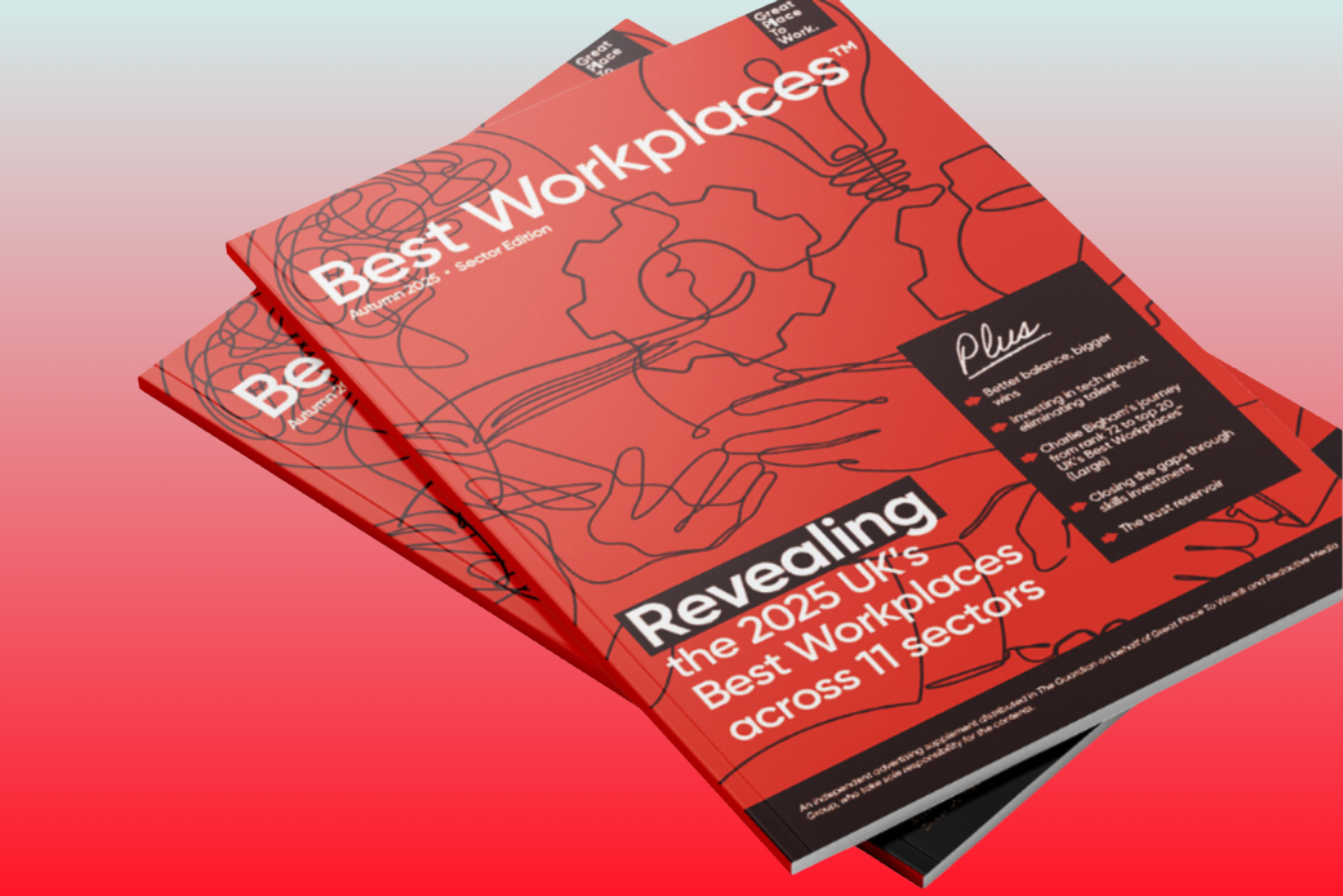"The key idea is that the earlier the intervention, the better. Issues are nipped in the bud before they cause any real damage, to health or budgets alike."
- Sara Silvonen, Wellbeing Consultant
Week 3: What does stress cost people and society?
In 2018, stress, depression and anxiety affected 595,000 UK employees. And every year, up to 300,000 employees leave their jobs due to issues with mental health.
Let us first consider overwork, which may be a cause or a consequence of work stress. Whether driven by competitive personal dispositions or organisational pressures, this may look like extreme employee zeal or loyalty on the surface, but a more sinister story is likely to be unfolding underneath. Employers may extract what value they can out of overworked employees, but for how long – and more importantly – at what cost?
Many times, it turns out to be at the ultimate cost. The Japanese, known for their endless working hours and fierce work ethic, have a term for this: karōshi, translating as ‘overworked to death’. This is, of course, a rare occurrence at the extreme end of the spectrum. However, working long hours against our will tends to come with work dissatisfaction, deteriorating health and eventually an intention to quit, whether because we don’t want to or simply cannot go on.
Workaholics are an obvious exception to this – you might assume – because here the overwork is voluntary, key to their identity, and essentially necessary for everyday satisfaction. In the short term, overwork may seem to drive subjective wellbeing, but this does not mean that workaholics are exempt from the longer term, gradually built up detriment to their health and wellbeing. This, and the often more immediately severe impact on those around them, especially family and friend – the social cost.
Chronic, i.e. long-term, stress can lead to a whole array of mental and physical health problems, most commonly burnout, depression, anxiety disorders, musculoskeletal issues, impaired immune response and heart disease. Due to the significant variety and cost of the health problems it can trigger, work stress can be characterised as a public health issue. As such it demands a tiered response including general health promotion as a preventative measure, early intervention targeting those at-risk, and finally specialist support for those affected. The key idea is that the earlier the intervention, the better i.e. ideally on the primary level: issues are nipped in the bud before they cause any real damage, to health or budgets alike.
Perhaps unsurprisingly, mental health issues are the single biggest cause of long-term sickness absence in the UK. The Mental Health Foundation estimates these to cost the UK economy 70 million lost working days each year. Besides absenteeism and turnover, the largest cost of mental ill health occurs through presenteeism, meaning those employees who come to work whilst unwell. The Stevenson/Farmer Review (2017) found that these can add up to employer costs of £42 billion a year:

Nevertheless, a caveat to consider is that while these statistics group stress together with depression and anxiety, work stress does not equate to mental ill health, and may actually have little to do with these numbers. This is because whilst often related, they are distinct concepts where a causal relationship is not necessarily the case - in fact, only around 20% of mental ill health is directly caused by work. But even if stress or poor mental health is not driven by work, this is still relevant to working life. Why? Because our mental state directly impacts how we handle stress on a daily basis (think overwhelmed versus calmly in control). What’s more, being able to ‘cope with the normal stresses of life’ is an integral part of mental health itself, according to the World Health Organization’s definition.
Sara Silvonen is a Consultant and Wellbeing Specialist at Great Place to Work UK. With an academic background in organisational psychiatry and psychology, she is particularly interested in supporting organisations in understanding the value of wellbeing-based interventions. She is passionate about mental health, having volunteered extensively in the field, and about promoting this agenda in the workplace.





.png)




